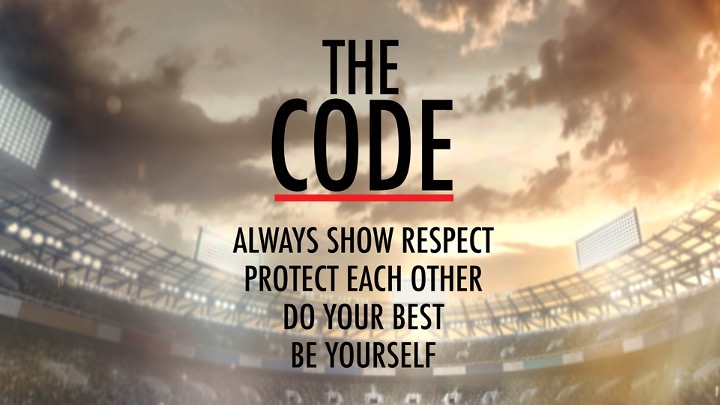An easy to follow empathy-based, anti-bullying initiative delivered to students ages 8-16. The 21-Day Empathy Challenge (EC) creates a peer-supported environment, which naturally reduces incidences of bullying, disruptive or anti-social behavior through the power of empathy.
The key philosophy of the Empathy Challenge is that all kids are inherently good, but demonstrate dysfunctional, anti-social behavior from time to time. With the right initiatives, discussions and personal reflection, young people can grow into the best version of themselves.
Every day for 21 days, young people are taken on a journey of self-discovery and social awareness. Students are given the opportunity to explore their own emotions, talents and dreams while at the same time interacting in dozens of ways with their peers. They quickly realize that their future success is inextricably linked with those around them.
The topics addressed during the EC are varied. However, each one is intentional. The goal is always to get the class interacting with one another in dozens of ways. The topics addressed over the four week period include: immigration issues, the power of diversity, gratitude, self-dsicipline, limiting technology in our lives, physical disabilities and much more. Each day is filled with peer interaction and personal reflection.
Although the program was established as a solution for the problem of bullying, that word really has no place of prominence here. The problem is not being ignored, it’s just that we believe in a different answer. While there is a time and place for defining a “bully” and various “acts of bullying”, most experts would agree that that is only a small piece of a grander solution. After all, how effective can one be in fighting darkness by only talking about it or defining it? Truly the only way to fight darkness is by igniting and nurturing light. The EC was designed to bring out the very best in the students.

It’s so important to have a simple, memorable reference throughout the year.
This is what The Code is: four easy-to-remember principles that a teacher can reference whenever they see dysfunctional behavior among the students.
1. ALWAYS SHOW RESPECT
2. PROTECT EACH OTHER
3. DO YOUR BEST
4. BE YOURSELF
Virtually all dysfunctional behavior can be addressed using one or multiple principles found in the code. For example, if students see a fellow student being bullied online a teacher can reference “Always Show Respect” and “Protect Each Other”. The program continually reinforces the positive.
This was an intentional decision. There are two reasons; one is financial and the second is philosophical.
Journaling is a vital part of self-expression.
Thirty years ago, we were told that it took 21 days to make or break a habit. This theory was based on a widely-circulated book called Psycho-Cybernetics by Maxwell Maltz. He was a plastic surgeon who found that his patients needed approximately 21 days to become accustomed to their new faces after he had operated on them. The theory has since been debunked, however, 21 days is a nice introduction for students of all ages.
Each one of the Days are only ten minutes long. This ensures minimal disruption to class schedules. The Empathy Challenge is meant to dovetail seamlessly into existing school curriculum without disruption.
No. The Empathy Challenge was designed as a simple-to-use program which can be run with limited adult supervision.

Joshua is one of the most amazing young men our charity has ever had the privilege of working with. His work ethic and integrity both on and off the field are inspiring. He embodies everything that Go Create It wants to teach students across the country. He finished a five-year degree in Aerospace Engineering in four years; all while playing as the star quarterback for the University of Tennessee. Joshua is remarkable in every way.
Go Create It. All Rights Reserved.